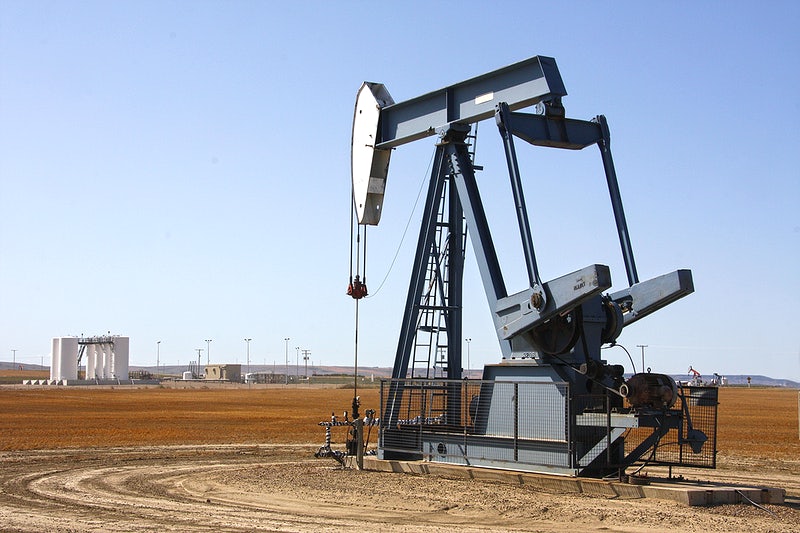In March, Turkey signed a cooperation agreement with Somalia, focusing in particular on the exploration and production of oil and gas from areas of interest onshore and offshore.
Mohamed Hashi Abdi Arabey, Director General of Somalia’s Ministry of Petroleum and Mineral Resources, announced on 23 April that the country’s territorial waters would be the site of Turkish-led oil and gas exploration from 2025.
“They [Turkey] will begin seismic work and drilling on the coasts of the Barawe and Hobbio districts”, said the official, confirming information announced on 19 April by Alparslan Bayraktar, the Turkish Oil Minister.
According to Arabey, this exploration project is “part of the agreement” signed a few weeks ago with Turkey, and is aimed at exploiting Somalia’s subsoil energy potential. Data published in January 2024 by the International Trade Administration and based on geological and seismic studies, show that Somalia is home to at least 30 billion barrels of oil resources.
However, monetising this potential could take some time, given the generally long lead times for exploration work. Added to this is the political context in Somalia, which has been weakened by more than two decades of civil war.
This situation has prompted multinationals such as Chevron, Eni, ExxonMobil and Shell, previously involved in oil and gas exploration in Somalia, to withdraw from the country, which in 2020 introduced a legal framework for its oil sector to attract investors. Since then, the American companies Coastline Exploration and Liberty Petroleum have obtained permission from the Somali authorities to explore for hydrocarbons.








Réagissez à cet article